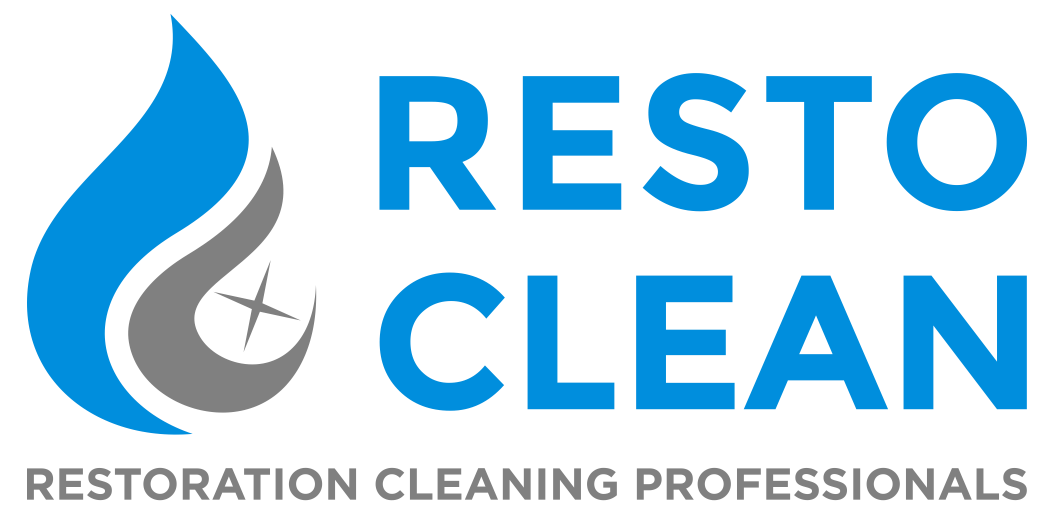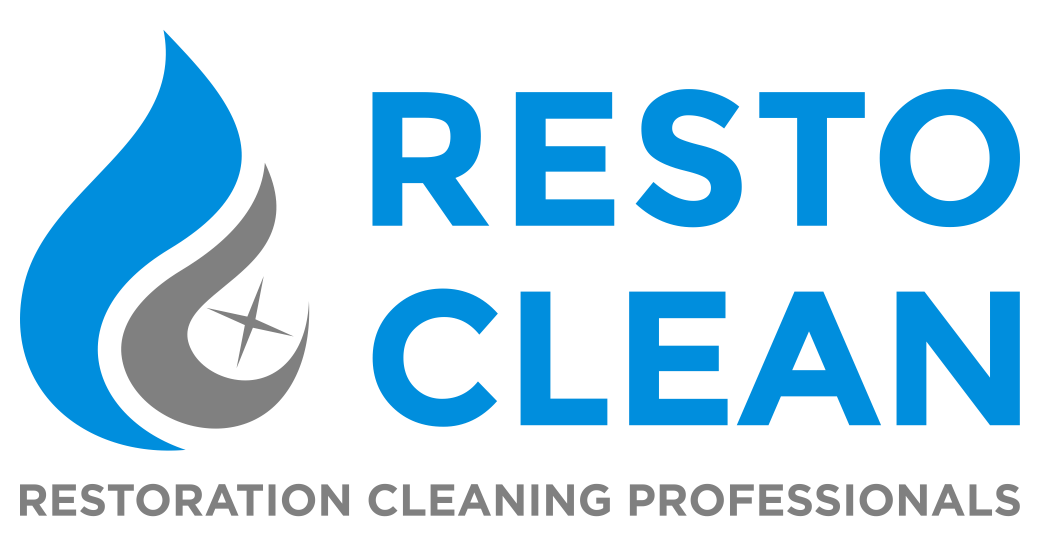Daisy Wick • August 18, 2023
Unveiling the Culprits: Common Household Items That Can Lead to Water Damage
Water damage can stem from unexpected sources within your home, often caused by everyday household items that we rarely suspect. Identifying these potential culprits is crucial for proactive prevention. In this comprehensive guide, we'll unveil some common household items that can lead to water damage and provide insights into how you can safeguard your property against their hidden risks.
**1. Faulty Washing Machine Hoses: Washing machine hoses are notorious for causing unexpected water damage when they leak or burst:
Prevention: Regularly inspect hoses for cracks, bulges, or wear and tear. Replace hoses every five years, opting for reinforced or stainless steel versions for added durability.
**2. Leaky Refrigerator Water Lines: Refrigerators with built-in water dispensers and ice makers can spring leaks in their water lines:
Prevention: Routinely check the water line for signs of leaks or moisture buildup. Ensure connections are secure and consider installing a water leak detector for early detection.
**3. Dishwasher Malfunctions: Dishwashers can develop leaks over time, often going unnoticed until significant water damage occurs:
Prevention: Inspect the dishwasher's seal, hoses, and connections for leaks. Run the dishwasher while you're at home to catch any potential leaks early.
**4. Clogged or Overflowing Toilets: Toilet clogs or overflows can result in extensive water damage, especially if the water seeps into the flooring and subflooring:
Prevention: Avoid flushing excessive amounts of toilet paper or non-flushable items. Address toilet clogs promptly to prevent overflow.
**5. Cracked Shower Tiles and Grout: Cracked tiles or deteriorating grout in showers can allow water to seep into walls, leading to hidden damage:
Prevention: Regularly inspect shower tiles and grout for cracks or gaps. Repair or replace damaged tiles and reseal grout as needed.
**6. Leaky Faucets and Pipes: Leaky faucets and pipes, even small drips, can accumulate over time and cause water damage:
Prevention: Repair leaks promptly by replacing washers or contacting a plumber for more extensive repairs. Check under sinks for signs of moisture.
**7. Malfunctioning Sump Pumps: Sump pumps play a critical role in preventing basement flooding. A malfunction can lead to water accumulation:
Prevention: Test your sump pump regularly and consider installing a battery backup in case of power outages.
Conclusion: Awareness for Prevention
Water damage often begins with seemingly harmless household items. By staying vigilant and addressing potential issues promptly, you can safeguard your property from the hidden risks posed by these common culprits. Remember, proactive prevention is your best defense against the unexpected water damage that can compromise the comfort and integrity of your home.

